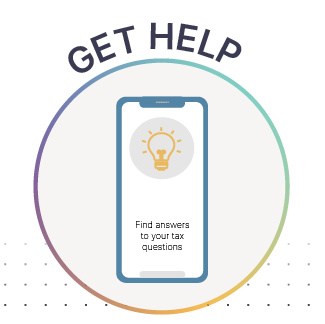Taking action as soon as possible will help ease the future burden and help stop the IRS enforced collection, like levying your bank account or wages.
File any unfiled returns as soon as possible. Returns can be filed with or without a payment. Filing your return by the due date can avoid late filing penalties.
The IRS charges daily interest on unpaid taxes, so the sooner the tax is paid, the less interest you will owe.
Deciding how much you can pay
Consider your entire financial situation. Make a list of your assets, and monthly income and expenses to decide how much you can pay monthly towards your tax debt. Before you enter into any kind of payment agreementThe IRS will typically discuss payment options with taxpayers prior to the assessment of additional tax., be sure you can pay that amount every month, on time.
If you can full pay
If you can pay the full amount now, the IRS has several options to Make a Payment.
If you can’t pay
The IRS understands there may be times when you can’t pay a tax debt due to your current financial situation.
If the IRS agrees you can’t pay your taxes and pay your reasonable living expenses, it may place your account in a status called Currently Not Collectible.
The IRS won’t try to collect payment from you while your account is in Currently Not Collectible status, but the debt doesn’t go away, and applicable penalties and interest will continue to be added to the balance.






